- Empty cart.
- Continue Shopping
Kunnikuru (Rosary Pea)
Original price was: ₹148.00.₹93.00Current price is: ₹93.00.
Genus : Abrus
“Introducing the Kunnikuru Plant, a vibrant and versatile plant that adds beauty to any garden or landscape. Explore its uses in herbal medicine and culinary applications, and learn how to cultivate and maintain it.”
Rosary Pea, also known as Abrus precatorius, is a small, slender, and twining perennial vine that is native to tropical areas of Asia, Africa, and the Americas. The plant is a member of the pea family and is known for its distinctive bright red seeds that are used to make jewelry, especially rosary beads.
The seeds of the Rosary Pea are small, round, and hard, and are approximately 5 mm in diameter. They have a bright red outer coat with a black spot at the hilum, or the scar where the seed was attached to the pod. The seeds are highly toxic due to the presence of a potent toxin called abrin, which is similar to the toxin ricin found in castor beans.
Despite its toxicity, the seeds of the Rosary Pea have been used in traditional medicine to treat a variety of conditions, including fever, headache, and constipation. The plant has also been used in Ayurvedic medicine for its purgative and emetic properties.
Rosary Pea is also used in horticulture, where it is cultivated as an ornamental plant for its attractive foliage and colorful seeds. The plant prefers tropical and subtropical climates and can grow up to 5 meters in length.
It is important to note that the seeds of the Rosary Pea are extremely toxic, and can be lethal if ingested. They should be handled with caution and kept out of reach of children and pets.


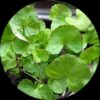


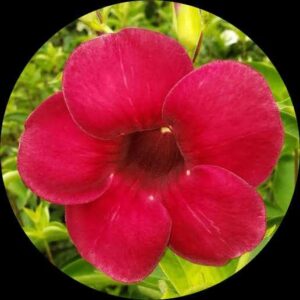
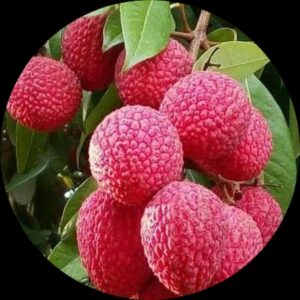
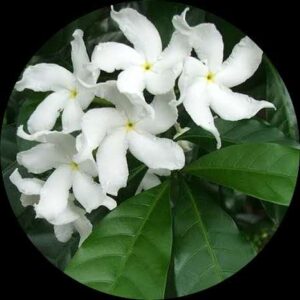
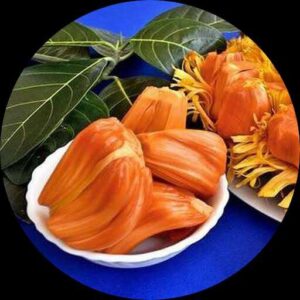
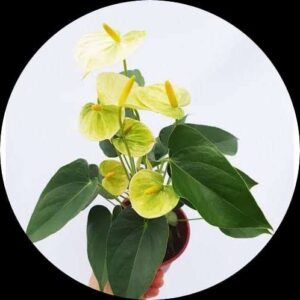
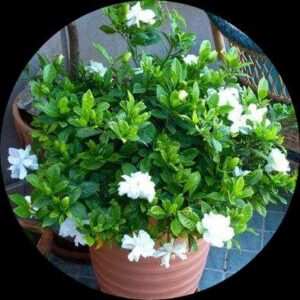
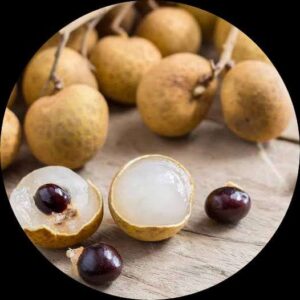
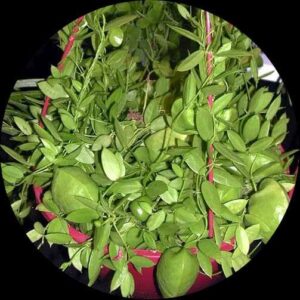
Reviews
There are no reviews yet.